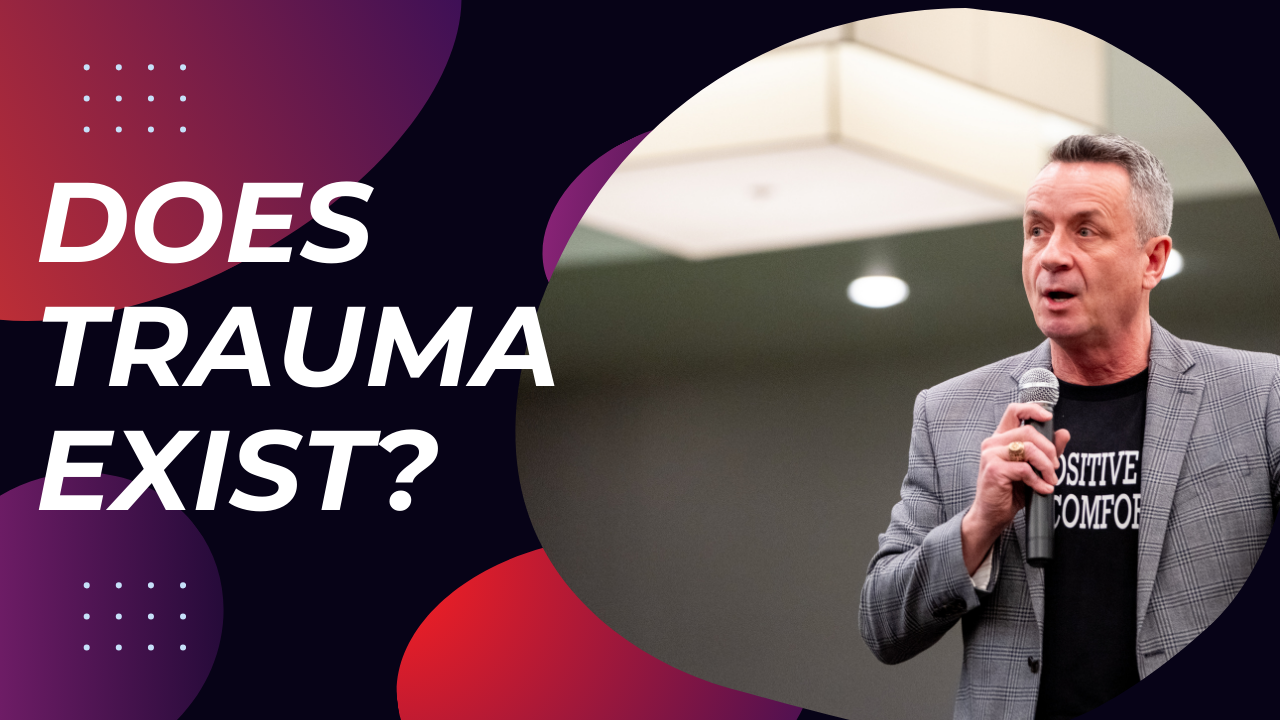|
Helping Companies Rethink, Recover & Refocus on the Future
Call John Grubbs (903) 295-7400
This thinking can be controversial because it diverges from the popular psychology many of us learned in school. I encourage you to consider this work as a new way of understanding the impact of past experiences on our current lives. Alfred Adler, a pioneering figure in psychology, introduced a holistic approach to understanding human behavior that emphasizes social interest, community feeling, and goal orientation. One of the intriguing aspects of Adlerian psychology is its interpretation of human behavior through the lens of teleology—the idea that behavior is purpose-driven and aimed at achieving specific goals. From this perspective, trauma can be understood not as a fixed reality but as a construct that individuals might use to achieve specific life goals. This view challenges the conventional understanding of trauma and provides a unique framework for exploring human behavior.
Understanding Adlerian Psychology
Adlerian psychology, also known as Individual Psychology, posits that individuals are motivated by their goals and aspirations. Unlike Freud's emphasis on the unconscious and past events, Adler focused on the purposeful nature of behavior. He believed that individuals strive to overcome feelings of inferiority and achieve a sense of superiority or success. This striving is often expressed through personal goals, which shape and direct behavior.
Adler introduced the concept of "fictional finalism," which refers to the imagined life goals that guide an individual's actions. These fictions are not necessarily accurate or actual but serve as guiding principles for behavior. In this context, trauma can be seen as a fictional construct that individuals might adopt to navigate their current life situations.
Trauma as a Construct (something we make up)
In popular thinking, trauma is a psychological response to a stressful or disturbing event. It is often associated with long-lasting effects on an individual's mental and emotional well-being. However, from an Adlerian perspective, trauma is viewed differently. Rather than being an objective reality, trauma may be a subjective construct that individuals use to achieve specific goals.
Goal-Oriented Behavior and Trauma
According to Adlerian psychology, behavior is teleological and oriented towards achieving specific goals. When individuals experience difficulties or challenges in life, they may construct a narrative of trauma to serve a particular purpose. This narrative can help them make sense of...

